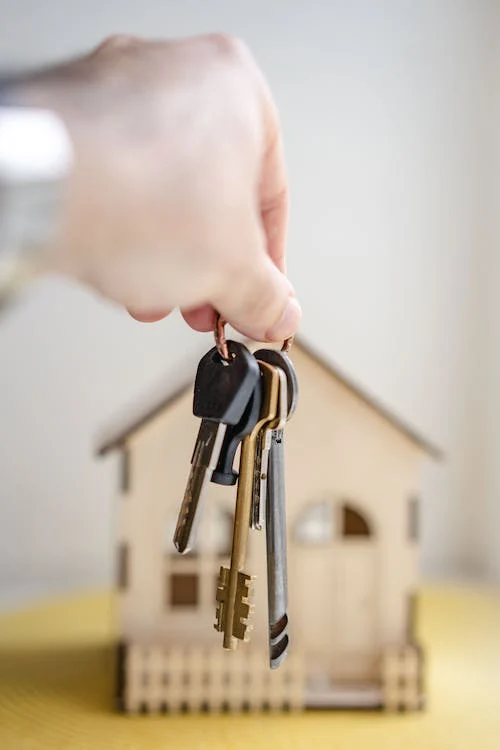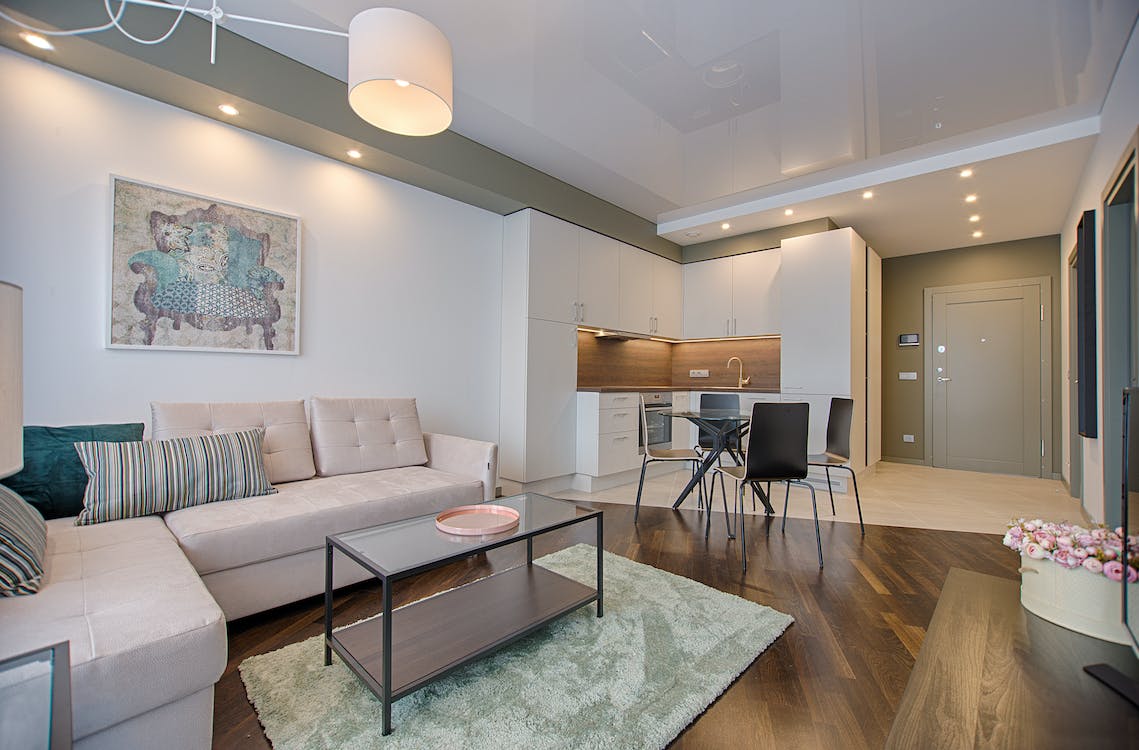When you’re trying to sell your house, making it appeal to buyers is your primary goal. Home staging becomes a need so you can market each part of your house better since a space that is vacant or cluttered with the current owner’s belongings would be hard to envision. And contrary to popular belief, leaving a house empty would not make it look bigger – it only shows the imperfections in your rooms. Since home staging is more than simply decluttering and decorating, a professional home stager can surely help you sell your home as they can highlight its best features.
Before hiring a home stager, here are some tips you need to know:
1. Ask for referrals
Like finding a good mechanic or a physician, try seeking the advice of trusted friends or neighbors that have hired home stagers in the past. Better yet, ask your realtor or real estate agent regarding this. They know the best contractors and best plumbers, so they most probably are the ones who can recommend you a good and reliable stager. Realtors and real estate agents will often have a list of reliable stagers, and if they don’t they have colleagues who can refer someone – because in the real estate industry, reputation is highly sought after. If you never hired a stager before, it’s a good idea to chat with friends and of course, a professional, because they know how to deal with stagers and they can tell you what to expect.
2. Choose a stager with real estate knowledge
Getting a stager is more than hiring someone who has an eye for interior decoration. Make sure he/she is familiar with the local housing market and the expectations of buyers in the price range of your property for sale, so the staging will be based primarily on a typical buyer’s wish list. Home stagers must have basic knowledge about real estate – if they don’t know how much homes usually sell and how long they remain in the market – it’s a sign to find another one. However, you must not expect that they can help you with the buying and selling process and its legalities; it’s your realtor’s job.
3. Look for qualifications
Home staging is a highly unregulated profession, and anyone can call themselves a professional home stager. Don’t be easily fooled by the letters you see after the stagers’ names on their business card – these simply come from a home staging training company. However, those that went through formal training for home staging are your best choice. Some stagers have essentially earned their credentials by taking a 2-3-day workshop on business skills, which is typically open to anyone. While there is no degree or certification necessary to be a professional home stager, you can see how committed they are to the profession when they have taken classes or units that are related to real estate and/or interior design. Also, the best qualification you must look for is their experience, and what agents and realtors are saying about them. The stager you hire must be able to tell you to have many homes they have staged (and show you proof) as well as the names of real estate agents they’ve worked with for your reference.
4. Do online research about the stager or about his/her company
A presence in the digital world is very important in a home stager or a group of stagers. Since they don’t have a physical store or a truly tangible product to offer, a website or a page can allow you to get to know your stager before you even meet him/her. Check their LinkedIn and Yelp profiles to see their qualifications. If your stager writes a blog, it’s a plus point – you can read his/her entries to see how credible this person is. If your stager is from a home staging company, it’s best to check the company’s portfolio or other stagers’ works as well, so you can get an overall vision of how they produce a finished work.
5. Review their portfolio
Because a home stager is a professional in a visual field, you must first see how they express themselves and how they work by reviewing their portfolio. A professional home stager must own a portfolio of before and after photos, so you know what kind of results you may expect from them. Make sure the photos they show is their work and not stock photos or images provided by their company. You can do this by asking questions about the property and the details included in the photo. If they fail to elaborate, or if you’ve seen some of those photos from your online research, this must raise a red flag.
6. Keep in mind that you don’t have to focus on the price
When looking for a stager, it might be tempting to hire the one who has the lowest asking price. Yes, you may save yourself a couple hundred dollars, but you might lose tens of thousands of dollars that you could have earned only if your home was staged properly. You might also hire the most expensive one if you’re looking for the most credible and most experienced. While it’s true that you get what you pay for, the most important factor to consider in hiring is still the stager’s portfolio. It also needs to fit your demographic and it must be appropriate for the price range of your house. For instance, you might really need to sell your small apartment right away. You don’t need to hire an expensive stager whose expertise is staging villas and mansions.
7. Ask about your agreement
A professional stager must give you a staging agreement and job details, then if you sign the contract, then the actual staging is scheduled. Don’t forget to take note of your agreement for the time frame for staging. Once you meet for the first time, the stager will walk through your home and most probably give you feedback and suggestions/overview on what they plan to do. Make sure you ask your stager things such as, if they have staged a home like yours before, if you’re the one to provide furniture or décor or would they bring in new items, and if they charge per room or per level of detail. Don’t hesitate to ask a lot of questions regarding the project to see if you will feel comfortable working together.
8. Declutter before the stager visits
For your own benefit, it’s best to declutter and clean your own home before the stager visits. The less task they need to do, the less money you need to pay them. Also ask if you can paint, deep clean or do other tasks yourself to bring down the cost of their services.
9. Be prepared for the higher cost and more work if you leave your house vacant
If your house for sale is already vacant and you’re currently living in another property now, be prepared that staging might cost higher since the stager should have to work from scratch. Make sure you settle costs for furniture. Some staging companies provide furniture and décor, some may ask you to provide your own. If cost is an issue, prioritize staging only the key rooms, such as the living room, family areas, dining area, and master bedroom.
10. Don’t take their advice personally
For instance, you have painted a deep red for your hallway wall and displayed your son’s science awards in a shelf attached to it. For you, it looks absolutely beautiful. But if the home stager asked you to keep away those awards and suggested to repaint that wall with a neutral color, it might hurt your ego, so don’t take it personally. It doesn’t mean that they don’t appreciate how brilliant your son is, and how bold you are with your color choices – remember they only want to neuter the home so it would be fine for selling. It’s part of their job to offer advice like that because buyers might not like your taste in décor and it might turn them off.


